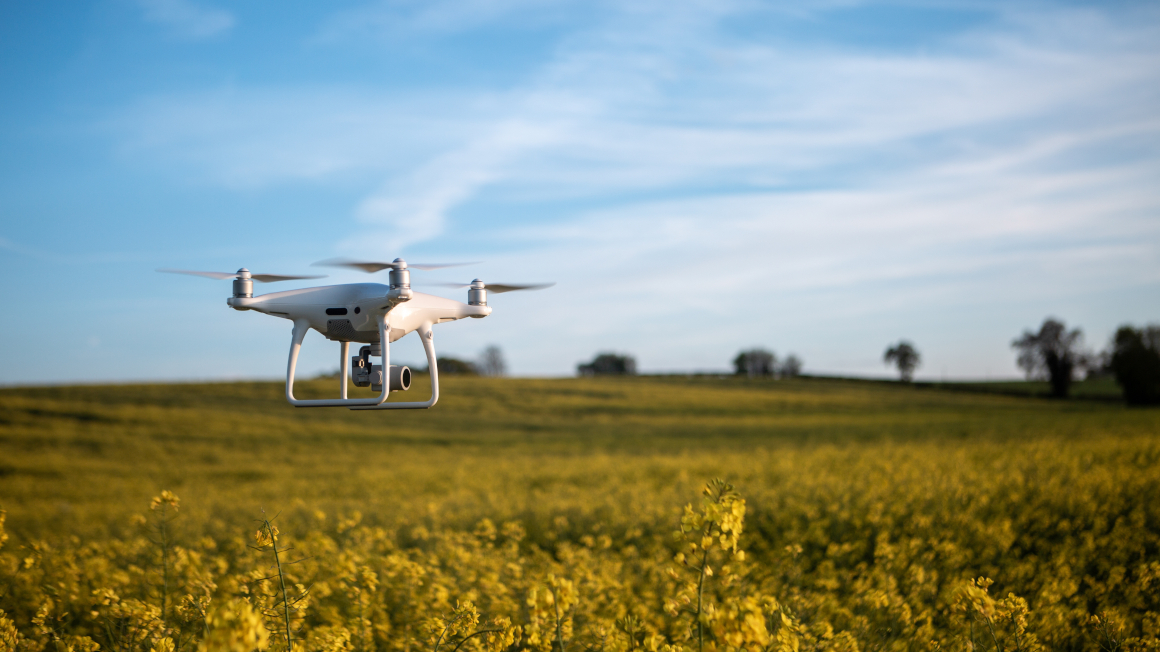AI Living Lab for Agriculture launched
Research into sustainable and future-proof agriculture using artificial intelligence (AI) is the focus of the newly opened Living Lab for Agriculture, which is run by the University of Osnabrück.

Can artificial intelligence help make agriculture more productive, sustainable and cost-effective? This question is the focus of the new AI Living Lab for Agriculture (RLA), which officially began its work on 17 October. Together with seven partners, the research team led by the University of Osnabrück is dedicated to developing intelligent technologies for a resilient agricultural and food industry.
Osnabrück gets FieldLab Agrar experimental station
A central component is the planned FieldLab Agrar, an agricultural experimental farm that is to be built in the Osnabrück region next year. There, new technologies – such as semi-automated agricultural machinery or retrofittable systems – will be tested in practice and scientifically monitored. ‘As a first step, we want to focus on testing semi-automated technology while also keeping an eye on the economic components,’ explains Tim Römer from the Institute of Mathematics at the University of Osnabrück.
‘We are setting new standards with the new AI Living Lab for Agriculture,’ emphasised Susanne Menzel-Riedl, President of the University of Osnabrück, at the launch event. In view of climate change, rising production costs and a shortage of skilled workers, innovative solutions are needed that combine different scientific perspectives. The aim of the Living Lab is to transfer AI applications directly into agricultural practice while also considering economic and legal aspects.
The AI Living Lab for Agriculture sees itself as a platform that closely links science, practice and education. The aim is to involve companies, vocational schools and teachers in the research and development process. In addition to technical and agricultural specialists, the Living Lab is also looking for lawyers to further develop the legal framework for the use of AI and robotics in agriculture.
Contributing to the future viability of agriculture
With this comprehensive approach, the AI Living Lab for Agriculture aims to make an important contribution to the future viability of agriculture. ‘We hope to gain insights into how the transformation to a sustainable agricultural and food system can be achieved,’ says Joachim Schachtner, State Secretary in the Lower Saxony Ministry of Science.
The five-year AI Living Lab for Agriculture is being funded by the Volkswagen Foundation as part of the zukunft.niedersachsen initiative via the Lower Saxony Ministry of Science and Culture with a total of €18.9 million. In addition to the University of Osnabrück, the German Research Centre for Artificial Intelligence (DFKI), Osnabrück University of Applied Sciences, Agrotech Valley Forum e.V., the Technical University of Braunschweig, the Johann Heinrich von Thünen Institute, the Leibniz Institute for Agricultural Engineering and Bioeconomy e.V. and the Lower Saxony Arable Farming Network e.V. are also involved.
bb


